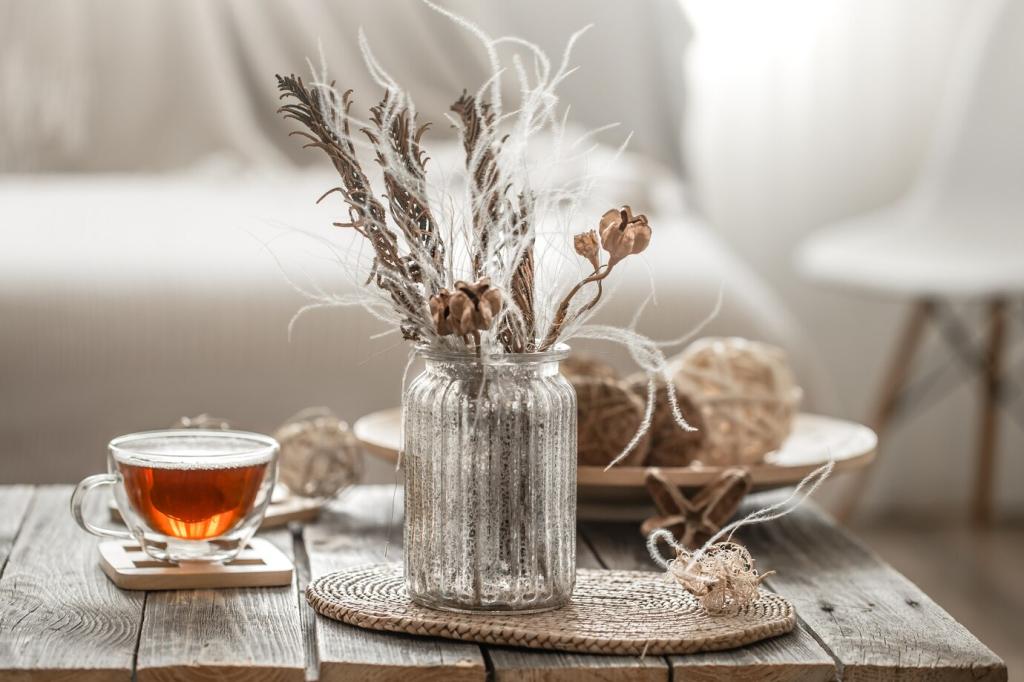
Sustainable Interior Design Practices: Beauty With Purpose
Chosen theme: Sustainable Interior Design Practices. Create spaces that feel good, do good, and last. Join our community of mindful makers, and share how you are turning everyday rooms into resilient, low-impact sanctuaries.
Foundations of Sustainable Interior Design
Lifecycle Thinking in Every Choice
Before you buy, consider extraction, manufacturing, transport, use, and disposal. A chair that lasts twenty years with repairable joints is often greener than a cheaper option replaced repeatedly. Tell us your longest-serving item and what keeps it going.
Healthy Materials, Trusted Certifications
Favor materials with clear provenance and tested safety, such as FSC-certified wood, Greenguard or Cradle to Cradle finishes, and OEKO-TEX textiles. Transparent supply chains protect your health and the planet. Comment with certifications you trust and why.
Energy-Smart Layouts and Daylight
Arrange rooms to capture daylight, reduce artificial lighting, and support passive comfort. Mirrors, light shelves, and pale surfaces bounce light deeper inside. Share a photo of your brightest corner and tell us how it changed your energy use.
Low-Impact Materials You’ll Love
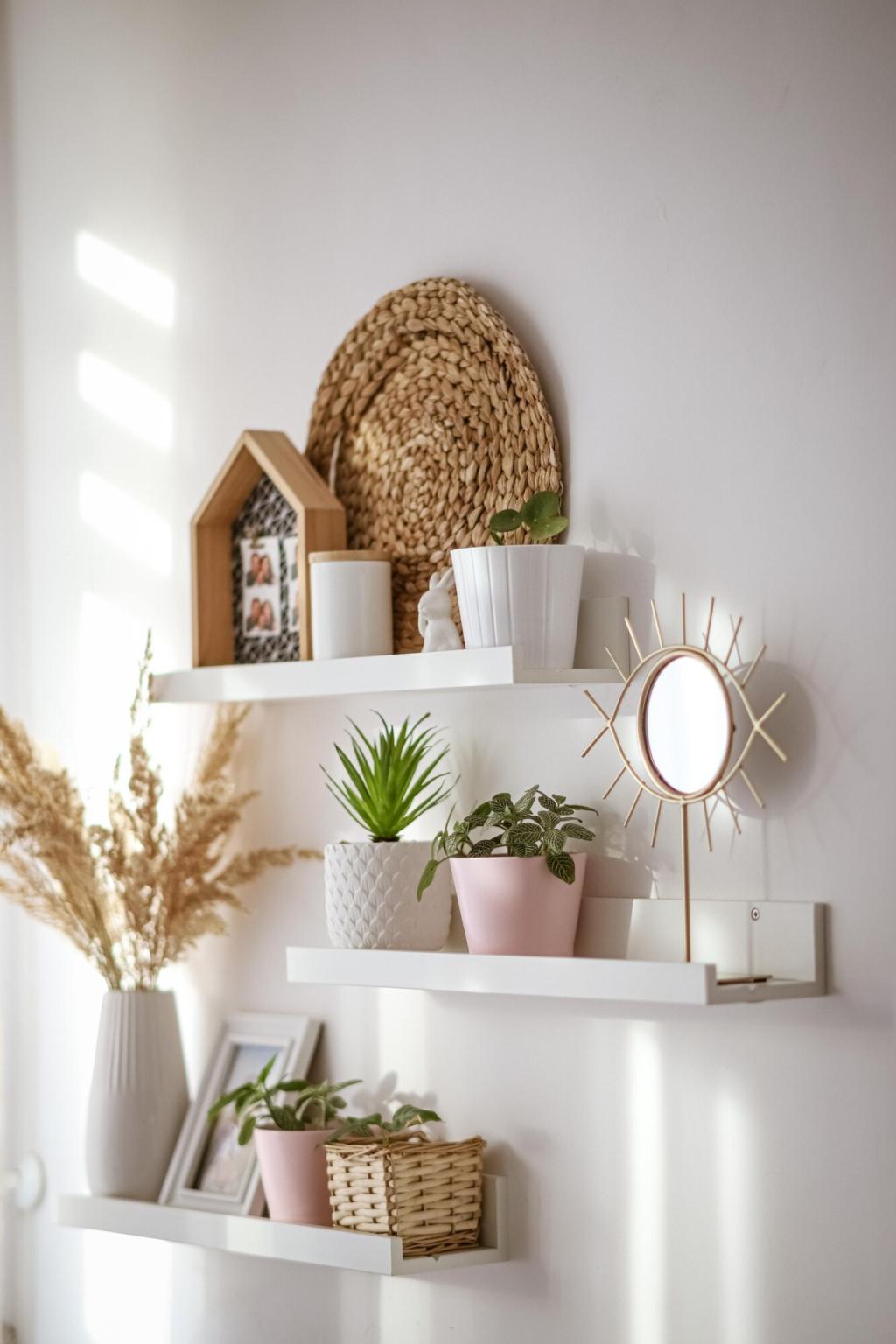
Reclaimed and Salvaged Surfaces
Reclaimed wood, salvaged stone, and recycled metal carry character and reduce demand for virgin resources. A reader salvaged gym bleachers for shelving—every scuff tells a story. Share your best salvage score and how you finished it safely.
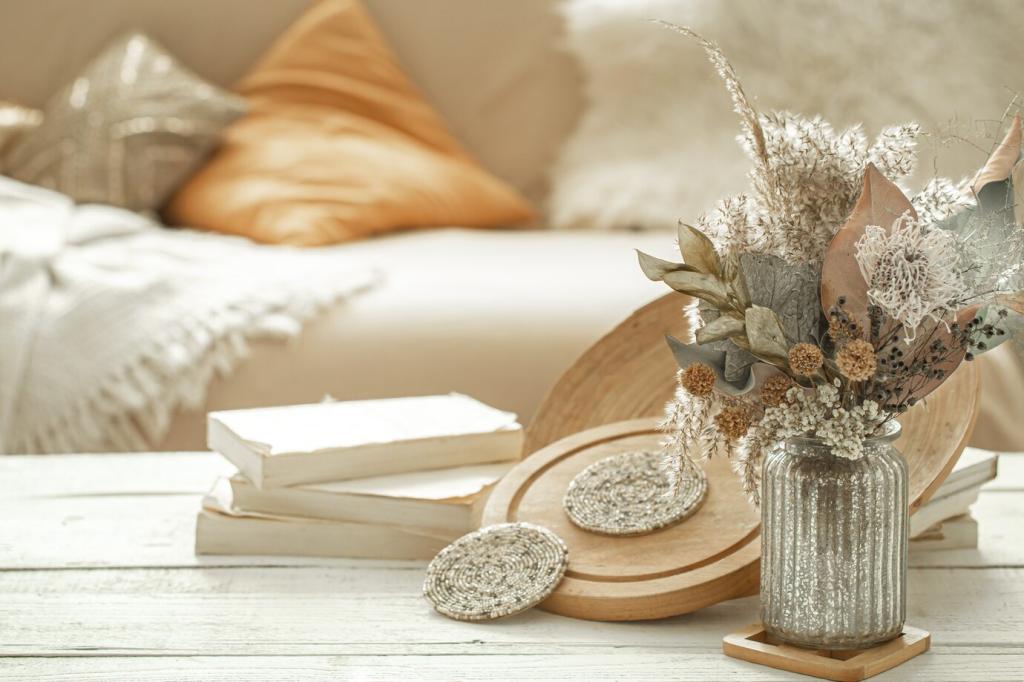
Natural Fibers and Renewables
Choose wool rugs, linen drapery, hemp upholstery, and cork flooring for breathable comfort. These renewable fibers regulate humidity and feel grounded underfoot. Tell us which natural textile transformed your space and how it holds up to daily life.
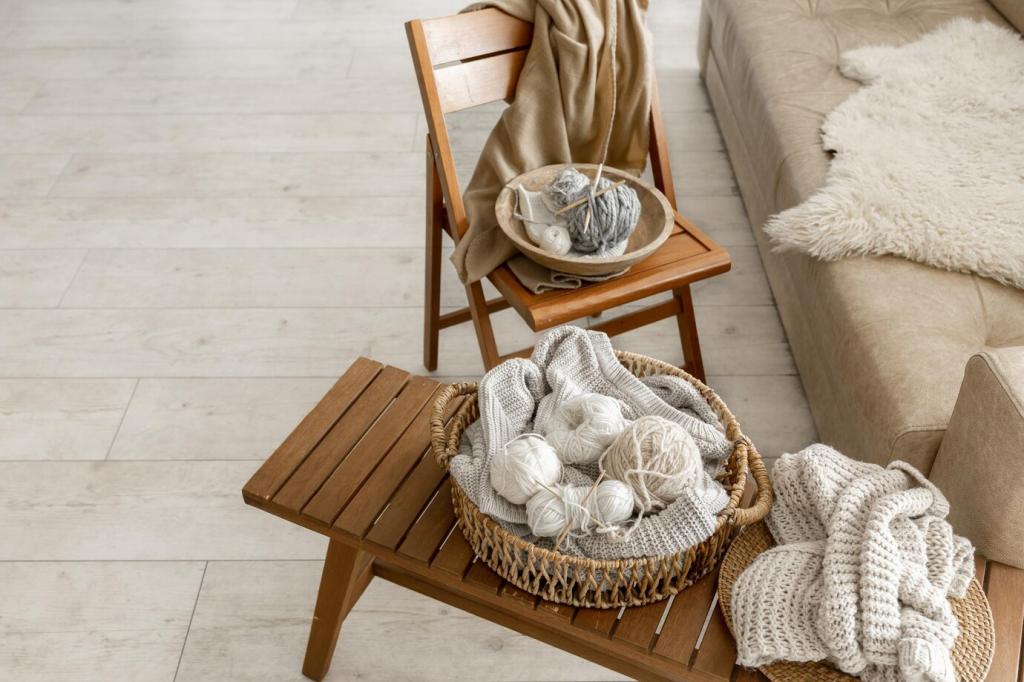
Low-VOC Finishes and Adhesives
Select zero or low-VOC paints, stains, and water-based adhesives to reduce indoor pollutants. Ventilate well during curing and test small areas first. Comment with your favorite low-odor paint color and how it changed the mood of your room.

Vintage Finds, Modern Lives
Quality joinery, solid wood, and timeless proportions make vintage pieces ideal for refreshes. One subscriber re-caned a thrifted lounge chair for a breezy, contemporary look. Share your restoration tip or the tool you never expected to love.
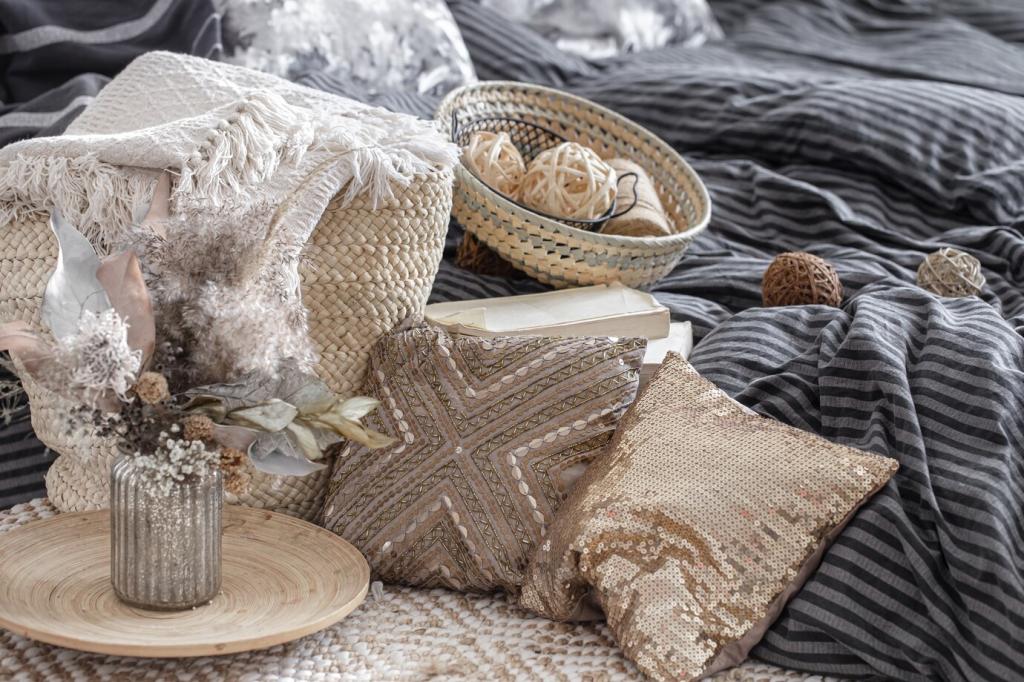
Design for Disassembly
Choose modular furniture with replaceable parts and visible fasteners, not messy glues. When pieces come apart easily, they are simpler to repair and recycle. Tell us which brand or maker impressed you with serviceable, long-lasting design details.
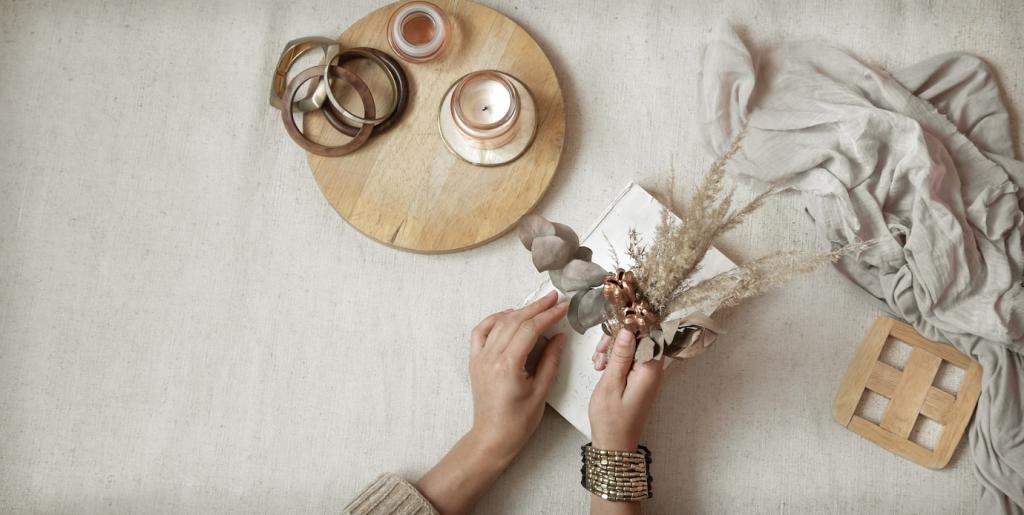
Sharing, Renting, and Take-Back
Explore furniture libraries, rental services, and manufacturer take-back programs for evolving needs. It reduces idle items and supports circular flows. Comment if your city offers such programs, or suggest a local swap group our readers should know.

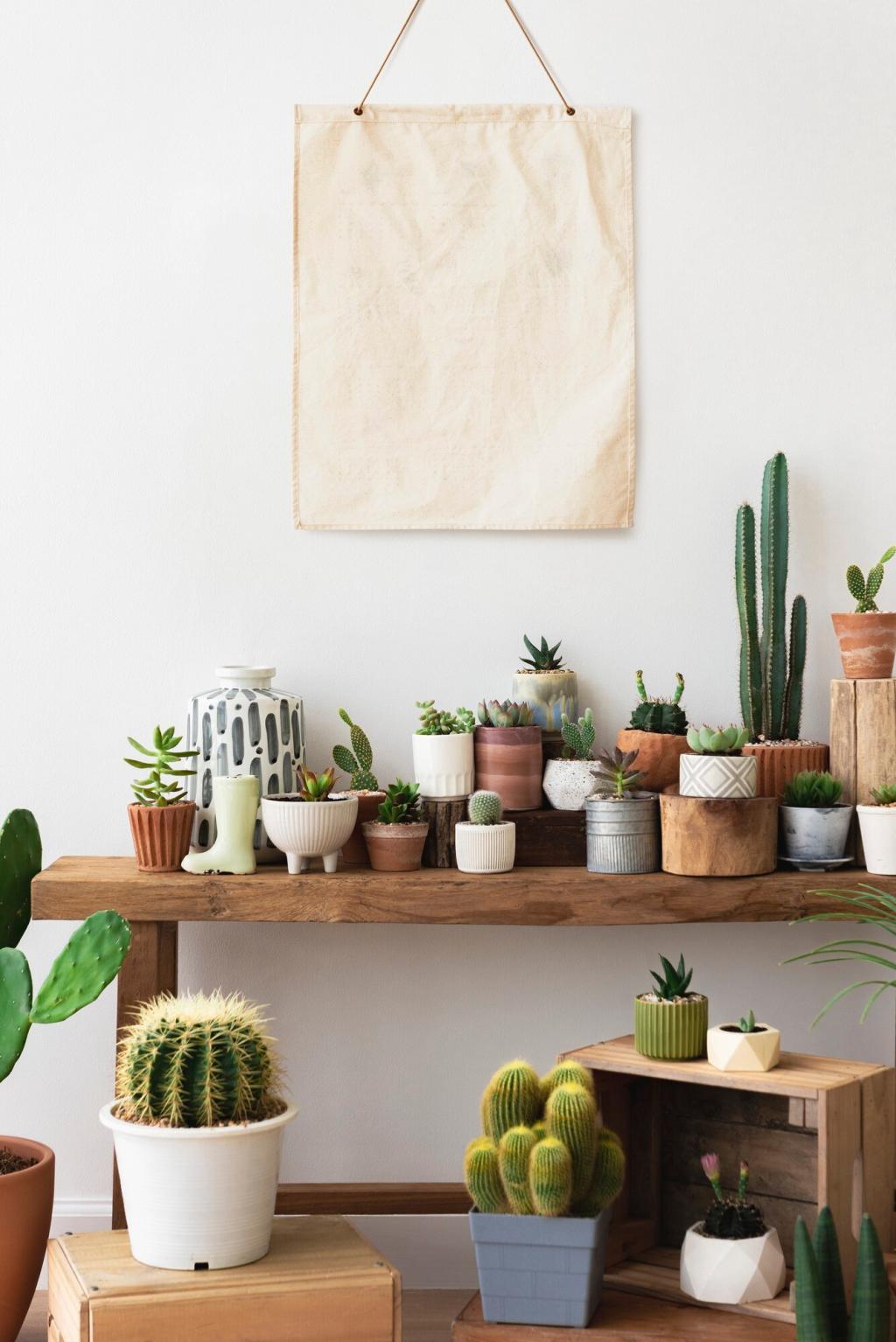
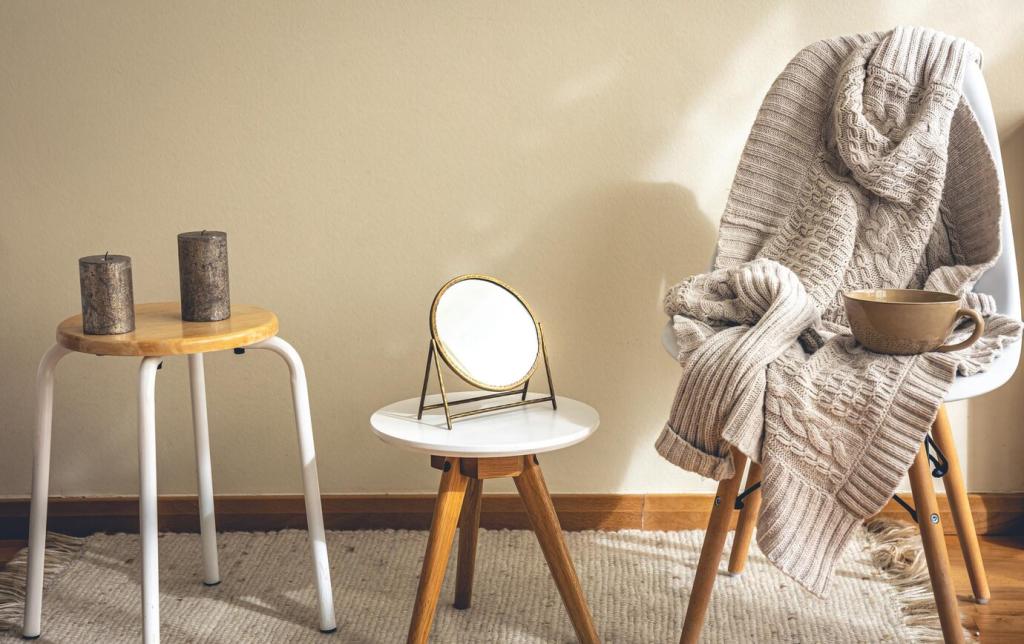

Small Spaces, Big Sustainability Wins
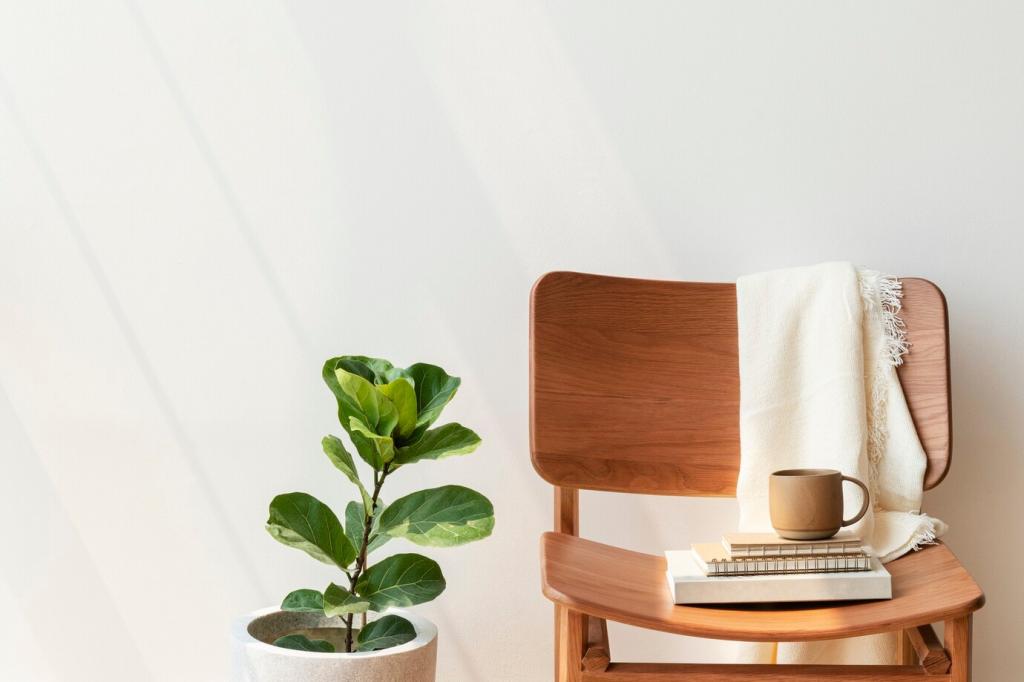
Opt for wall beds, nesting tables, and folding desks to adapt rooms across a day. One reader’s dining bench hides tools and linens. Share your hardest-working piece of furniture and how many functions it truly serves.
